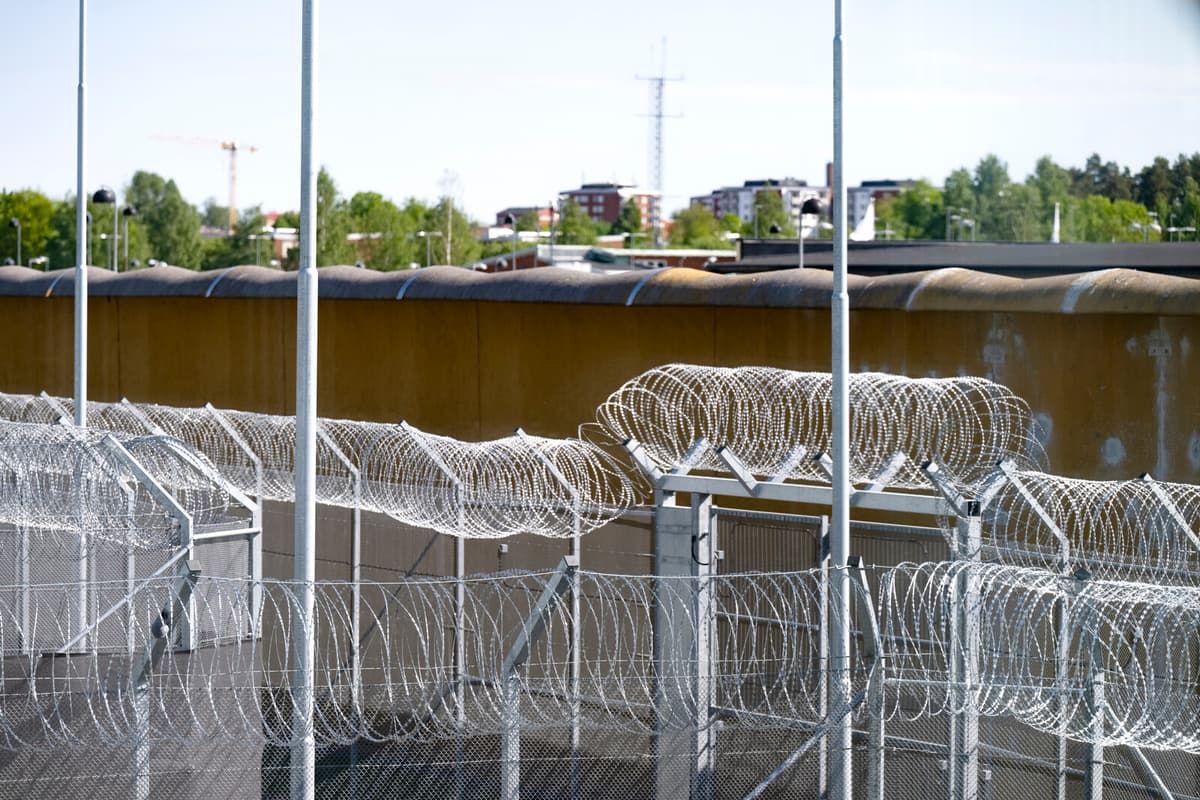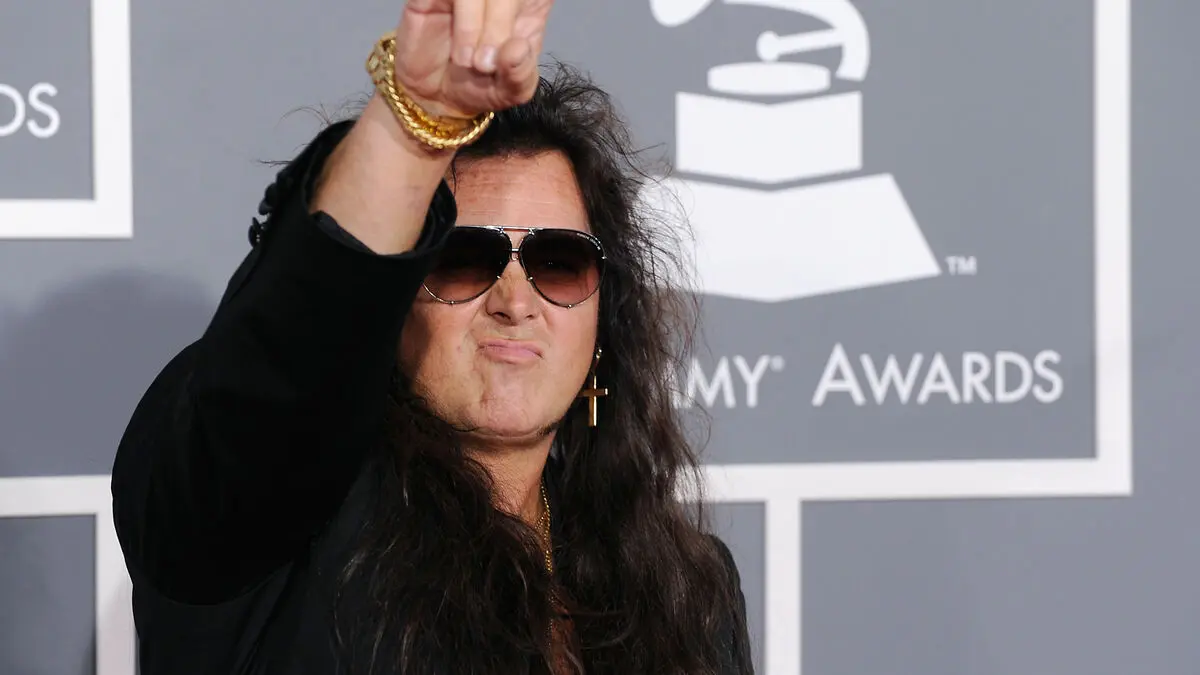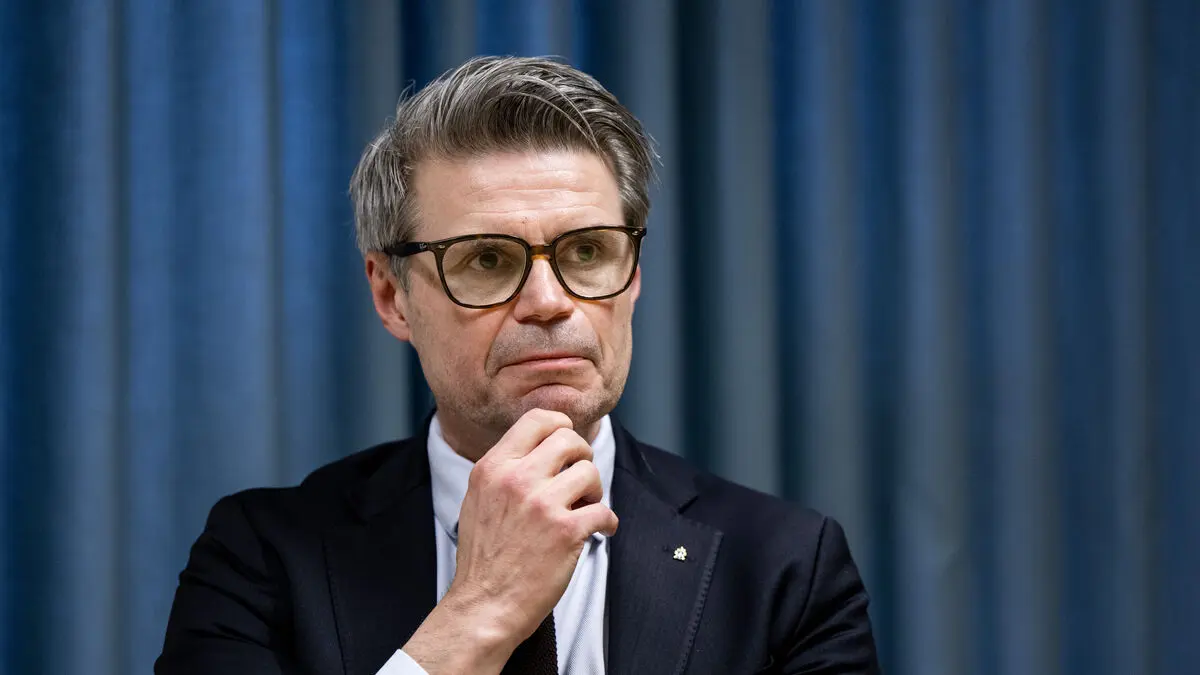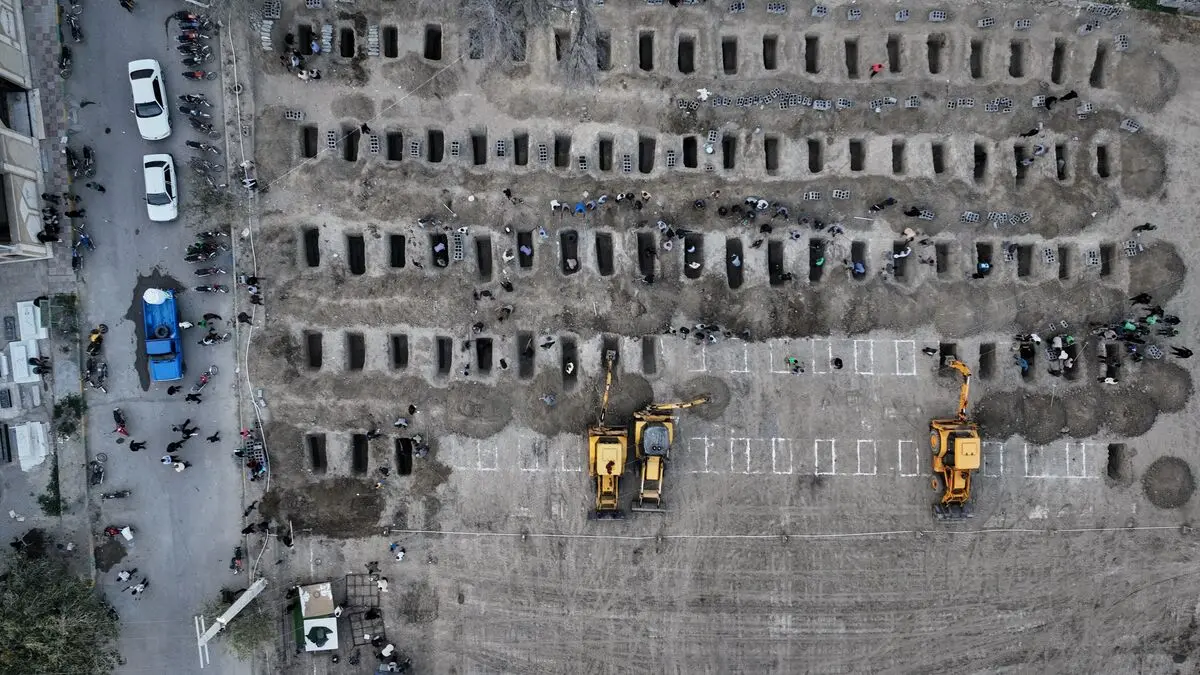Children and young people who have committed murder or other serious crimes and are sentenced to imprisonment can, if all necessary decisions are made, from next year serve their sentences in prisons instead of in youth homes, as is the case today.
The government gave the Swedish Prison and Probation Service the task in 2023 to prepare for the establishment of places for convicted individuals between 15 and 17 years old, and on Tuesday, a decision was made on where these places will be located.
The Swedish Prison and Probation Service has since 2023 been working on preparing the organization to receive the approximately 250 children and young people who are expected to be affected and has now decided which "adult institutions" will be used.
The preparations will now continue at a total of eight institutions, one of which – Kumlaanstalten – has the highest security class and is equipped to handle Sweden's most high-risk inmates.
The other institutions selected are Österåker, Högsbo, Rosersberg, Täby, and Ystad, all of which have security class 2, as well as Skenäs and Sagsjön with security class 3, which is the lowest security class.
100 places
Susanne Wedin, department director at the Swedish Prison and Probation Service, explains the considerations made in choosing the institutions.
It's naturally about the property possibilities on such short notice and to what extent we can make local adaptations, says Susanne Wedin.
Another important aspect has been the possibility of recruiting personnel with the right competence for the operation, and proximity to, for example, healthcare.
If necessary decisions are made and it becomes a reality that children and young people will serve their sentences in prison, the Swedish Prison and Probation Service expects to have 100 places available by July 1, 2026, which can then be gradually increased to 250 places.
Secure competence
The next step is now being taken to prepare for the new clients at the institutions.
It's about content that is adapted for this specific target group at these institutions. They will be offered both school, treatment, and meaningful leisure activities.
The content, which is adapted to the fact that the young convicted are children and therefore have certain statutory rights, will require the recruitment of personnel with specific competence.
Competence supply is important, and then we naturally need to start the local adaptations that may be needed on these units that are adapted for this target group.
The UN Convention on the Rights of the Child was adopted in 1989. On January 1, 2020, the Convention on the Rights of the Child was incorporated into Swedish law.
The Convention on the Rights of the Child contains 54 articles, of which four are fundamental principles that should always be considered in matters concerning children:
1. All children have the same rights and equal value.
2. The best interests of the child should be considered in all decisions concerning children.
3. All children have the right to life and development.
4. All children have the right to express their opinion and have it respected.
Other rights in the Convention on the Rights of the Child include:
+ Anyone under 18 years of age is considered a child
+ Children have the right to privacy
+ Children have the right to access information through, for example, the internet, radio, and TV.
+ Children have the right to education. Compulsory school education should be free and accessible to all.
+ Children have the right to play, rest, and leisure.
+ Children who are accused of crimes or have been convicted of an offense have the right to be treated fairly and respectfully, receive legal support, and be reintegrated into society.
Source: Unicef
The government instructs the Swedish Prison and Probation Service to prepare for the establishment of special units for children and young people between 15 and 17 years old, pending the Riksdag's decision, which are to be ready to be taken into operation no later than July 1, 2026.
The Swedish Prison and Probation Service shall ensure that the operation is adapted for children and young people, which means that the execution shall take place under safe conditions with the right to, among other things, care, treatment, school, and other suitable activities.
Source: Government decision Ju2023/02157






